Soap Making Oils – 10 of the Best Oils to Use in Soap Making
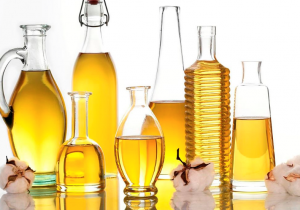 Soap making oils have different molecular compositions and it’s these compositions that create unique properties for each type of soap that is created.
Soap making oils have different molecular compositions and it’s these compositions that create unique properties for each type of soap that is created.
Once a soap maker has gained an understanding of how to customize the various combinations of oils, he or she can successfully create soaps that contain the desired characteristics that are wanted.
For example, when using oils that contain higher concentrations of Lauric Acid in making soap, the created will result in bars that are harder and produce a nice amounts of lather. These bars can be harsh, however, and are sometimes drying to the skin.
On the other hand, soap made from oils that contain greater concentrations of Linoleic Acid, will moisturize and condition the skin and giving it a nice feel.
The following list contains the ten most highly recommended oils for soap making, and explains a bit about each one:
Olive Oil
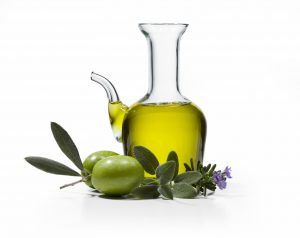
Although some olive oil is produced in the Western United States, most originates in the Mediterranean Basin.
It is extracted by grinding whole olives. Rich in valuable fatty acids, olive oil contains up to 81% Oleic acid, up to 14% Palmitic acid, from 5-15% Linoleic acid and from 3-5% Stearic acid.
Taken internally, the oil is used to treat high blood cholesterol, constipation, dry skin, cardiovascular disease and other maladies.
External benefits include its ability to attract moisture to the skin and making the hair soft and shiny. Soap made with olive oil is famed for being highly moisturizing and conditioning.
Coconut Oil
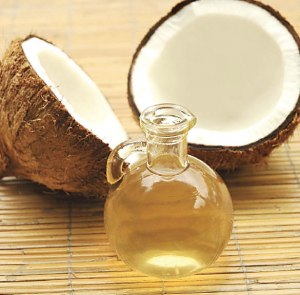 Coconut oil comes from many different tropical countries.
Coconut oil comes from many different tropical countries.
Coconut oil is derived from the flesh of mature coconuts and comes in a number of varieties.
Virgin coconut oil is pure oil that has not been refined, deodorized or bleached, but it can be grown with chemicals.
Certified organic oil is similar to virgin oil, but is grown without chemicals and additives.
Cold pressed coconut oil is manufactured with a process that is used to dry the coconut without heating.
Extra virgin coconut oil is the oil produced in the first pressing.
Coconut oil contains up to 54% Lauric acid, up to 23% Myristic acid, as much as 11% Palmitic acid, 6% caprice acid, up to 11% of Oleic acid, 4% Stearic acid and 2% Linoleic acid.
The oil is used in many different types of skin care formulas because of its emollient, moisturizing skin protection characteristics.
Taken internally, the oil is said to aid in weight loss, give a lift to one’s energy levels and to protect against viruses and bacterial infections.
Palm Oil

Palm oil contains from 43-45% Palmitic acid, up to 40% Oleic acid, 11% Linoleic acid, up to 5% Stearic acid and 1% Myristic acid.
Most palm oil hails from Africa where it is extracted from oil palms, which are short-trunked tropical plants.
While reputed for having negative health benefits associated with clogged arteries and other heart-related issues, recent research also suggests that the form of vitamin E that it contains could help battle cancer and act as a stroke preventative nutrient.
Palm oil helps create a hard, mild cleansing soap that is gentle on the skin.
Grapeseed Oil
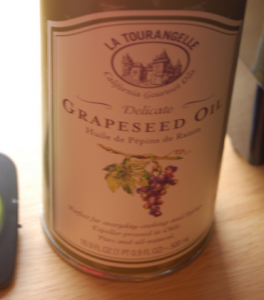 Grapeseed oil is a lightweight oil known for its skin moisturizing properties.
Grapeseed oil is a lightweight oil known for its skin moisturizing properties.
It contains up to 78% Linoleic acid, nearly 30% Oleic acid, up to 11% Palmitic acid and up to 6% Stearic acid.
The soap created with Grapeseed oil has mild astringent qualities and is used to treat acne and a host of other skin problems.
Taken internally, Grapeseed oil is used as an anti-inflammatory agent as well as an antioxidant.
It is used for a number of health ailments including wrinkles, age spots, bruising, hemorrhoids and hair loss.
It is produced in countries that have high yields of grapes and is made by crushing the seeds of the fruit to extract the oil.
Apricot Kernel Oil
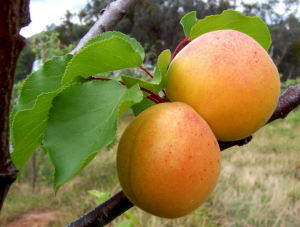 Apricot Kernel oil contains as much as 74% Oleic acid, 34% Linoleic acid and from 4-7% Palmitic acid.
Apricot Kernel oil contains as much as 74% Oleic acid, 34% Linoleic acid and from 4-7% Palmitic acid.
When added to soap, it helps create a stable lather and a soap that is moisturizing and lightly conditioning.
It is used externally as a massage oil because of its lightweight properties that do not leave an oily residue on the skin.
It is also used as a stress and pain reliever. It is a cold pressed oil made from the dried kernels of the apricot fruit. While perfectly safe for external use, it is not recommended that Apricot Kernel oil be ingested internally as it contains Amygdalin, a compound that the body converts into cyanide.
Pure Avocado Oil 16oz. Food grade100% Natural, Food Grade, and Non-GMO Verified. UV Resistant BPA free bottle – 100% Satisfaction Guarantee
Avocado Oil
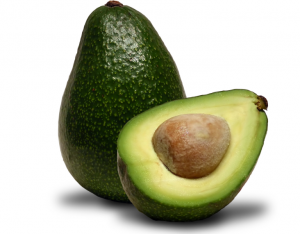 Avocado oil is chock full of health benefits.
Avocado oil is chock full of health benefits.
When taken internally, it is used as a cancer preventative, as an agent to improve the integrity of blood vessels and to promote healing.
While some avocado oil is produced in the United States, the majority of it comes from New Zealand and Australia.
It is used for super fatting soaps and produces a healing, moisturizing soap that contains up to 80% Oleic acid, 32% Palmitic acid, as much as 18% Linoleic acid and 1.5% Stearic acid. It contains vitamins E, D and A.
Castor Oil
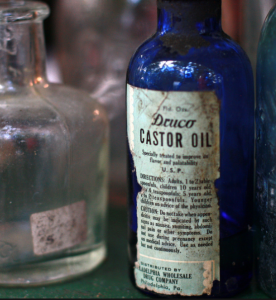 Soap made from Castor oil has an abundance of fluffy lather and acts as a soft, moisturizing soap.
Soap made from Castor oil has an abundance of fluffy lather and acts as a soft, moisturizing soap.
Its 90% Ricinoleic acid content makes it an outstanding humectant with the ability to attract and hold skin moisture.
Much of the Castor oil used today is manufactured in India, China and Brazil and is produced by extracting the oil from the castor bean.
Taken internally, Castor oil is used as a laxative. It is used externally as a skin conditioner.
Borage Seed Oil 120ml 100% Pure Cold-pressed Unrefined Organic PA-free – Bella Terra Oils
Borage Seed Oil
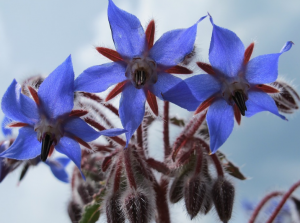 With a content of 40.6 Linoleic acid, 20.5% Gamma Linoleic acid, 16.8% Oleic acid, 10.9% Palmitic acid, 4.2% Icosenoic acid and 2.5% Docosenoic acid, Borage seed oil produces a delicate soap that is said to nourish and hydrate the skin.
With a content of 40.6 Linoleic acid, 20.5% Gamma Linoleic acid, 16.8% Oleic acid, 10.9% Palmitic acid, 4.2% Icosenoic acid and 2.5% Docosenoic acid, Borage seed oil produces a delicate soap that is said to nourish and hydrate the skin.
This soap is recommended highly for aging and/or damaged skin.
Taken internally, the oil extraction from the borage herb is said to hold many benefits to the body’s natural growth and functions.
It is said to be able to strengthen the immune function and is also used for dysmenorrhea.
Lanolin
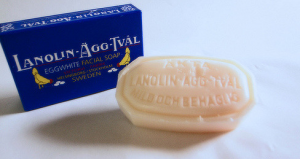 Lanolin is an oil that is produced by sheep. It is extracted when the wool is washed in very hot water with a special compound that removes the dirt and other impurities from the oil.
Lanolin is an oil that is produced by sheep. It is extracted when the wool is washed in very hot water with a special compound that removes the dirt and other impurities from the oil.
It is used externally as a preventative skin treatment. It is also used in the production of Vitamin D3.
In soap making, Lanolin contributes to the rigidity of the soap. It produces a non-lathering soap that protects and lubricates the skin.
It is frequently used for hair and scalp in that it helps both to retain moisture. It is recommended for on hair that is normally dry, coarse and curly.
Lanolin is said to be beneficial for enhancing immune function, to increase energy, for the treatment of heart disease and for sprains.
Sesame Seed Oil
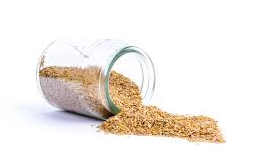 Sesame Seed Oil is a popular choice for soap making in that it has stable lather, acts as a skin conditioner and has outstanding moisturizing properties.
Sesame Seed Oil is a popular choice for soap making in that it has stable lather, acts as a skin conditioner and has outstanding moisturizing properties.
It contains up to 47% Linoleic acid, 42% Oleic acid, up to 11% Palmitic acid and from 46% Stearic acid.
Sesame seed oil comes from sesame seeds, which have been used as oilseeds for more than 5,000 years.
Noted for their therapeutic properties, sesame seed oil taken internally is said to lower blood pressure, help cure dental plaque and gingivitis and has a host of other medicinal benefits.
When used in soap, it is noted for softening the skin and for treating a number of skin maladies. Used in shampoo, it is said to make hair soft and shiny.
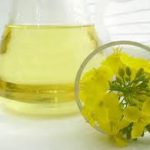
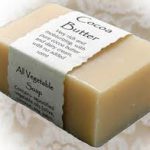
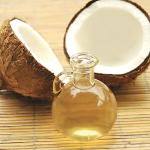
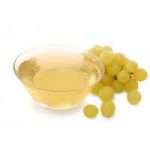
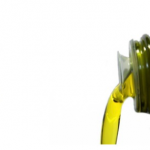
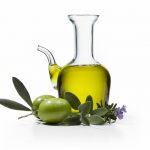
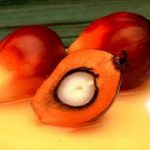

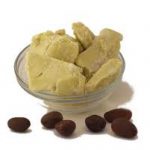
© 2017 – 2018, Tes. All rights reserved.


thanks for sharing:)
I live in Greece and have plenty of olive oil so this is a great idea to my own body oil and also it help for the damaged hair, you know.
it is a very interesting article and i have to tell you that i have always looked for natural solutions for my beauty or health products.
Do you have any recipes how we can use these oils? How can we make a body oil or face cream, even a hair mask?
Thanks a lot again and i am looking forward for more info 🙂 great site:)
Cristina
Natural oils are so beneficial to our skin and hair. You can check the recipe page there are always more being added. Recipes
Wow! I learn something new. I am great consumer. I have used soap but didn’t know how best it could be made more natural with locally available oil. This article presented innovative idea and has identified and provides steps to be self reliant. I like you site, and I will look into it. Great stuff learnt here. thanks.
Some of the best handmade soaps are made with natural and locally sourced ingredients. Check out your local farmer’s market and you’ll be sure to find a soap vendor. Thanks for your comments.
Hi
I love making my own soaps and love the fact that on your website you have a lot of useful and helpful information.
You have mentioned some of my favourite oils that I not only use when I make my soaps but in my everyday life.
Grape seed oil, castor oil, olive oil,coconut oil, and avocado oil, love em.
Thank you for all the extra information you have added about each oil, such as breaking down the compounds and benefits.
I will be sharing this article with my other soap making friends so thanks for that and i know where to come when I want to find out more soap making information.
Thank you
Jennifer
Hi Jennifer, it’s always great to hear from other soap makers. I’m glad you like the site and thanks for sharing it with your soap making friends.